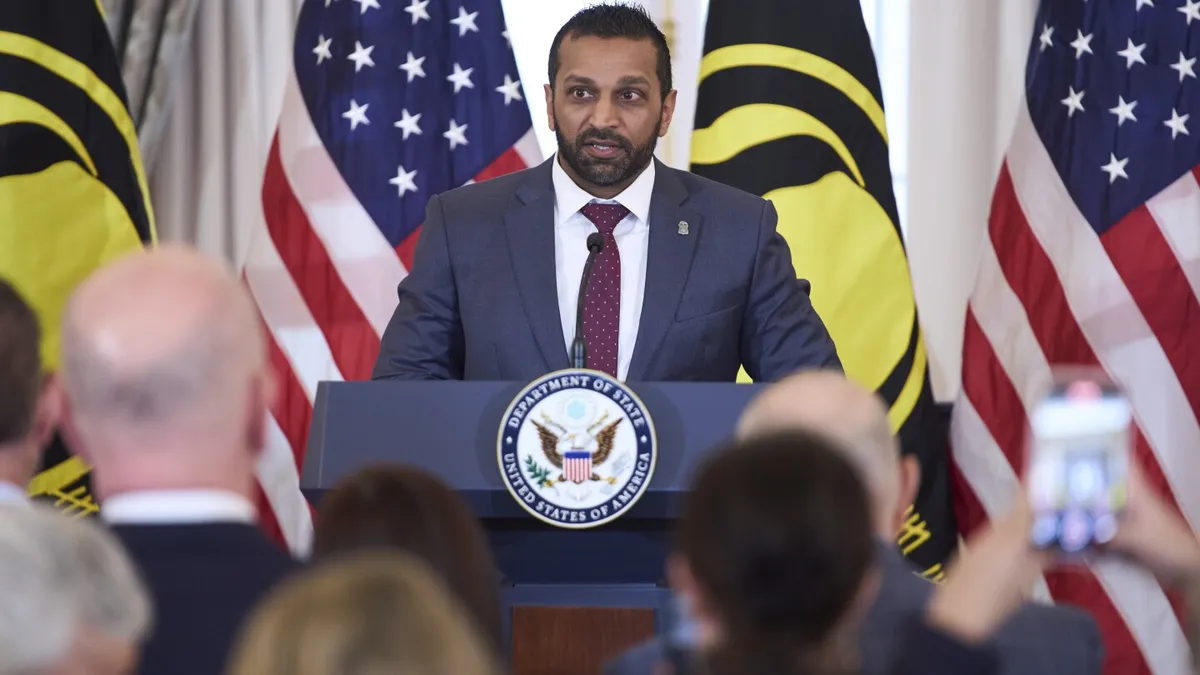
Washington—The Trump administration's top intelligence officials are set to face Congress this week in a series of critical hearings. This will be their first opportunity since being sworn in to provide testimony regarding the myriad threats facing the United States and the government's strategies to counteract these challenges. Key figures such as FBI Director Kash Patel, CIA Director John Ratcliffe, and Tulsi Gabbard, the director of national intelligence, will testify before the Senate Intelligence Committee on Tuesday, followed by a session with the House Intelligence Committee on Wednesday.
The timing of these hearings is particularly significant, as they occur just one day after revelations emerged that several high-ranking national security officials in the Trump administration, including Ratcliffe and Defense Secretary Pete Hegseth, exchanged text messages detailing war plans for upcoming military operations in Yemen. These exchanges took place in a secure messaging group that notably included the editor-in-chief of The Atlantic.
The annual hearings on worldwide threats will provide an insightful perspective on the Trump administration's shifting priorities. Officials across various agencies have indicated that their focus has increasingly turned towards countering the devastating impact of fentanyl, addressing violent crime, combating human trafficking, and managing illegal immigration. Former FBI Director Christopher Wray has frequently stated that he struggles to recall a time in his career when the United States faced such a multitude of elevated threats simultaneously.
The concerns highlighted by Wray have predominantly revolved around sophisticated Chinese espionage efforts, ransomware attacks that have severely affected hospitals, and both international and domestic terrorism. “We have to adapt to the dynamic threat landscape that is changing constantly, not just in America but abroad,” Patel remarked in a Fox News interview that aired on Sunday night, emphasizing the heightened threat posed by narco-traffickers. He assured viewers, however, that “we’re not going to forget or ignore national security—never.”
These hearings are unfolding against a backdrop of a markedly different approach to Russia, especially after years of sanctions imposed by the Biden administration in response to its ongoing war against Ukraine. As the Trump administration seeks to recalibrate its national security strategy, the insights shared during these hearings could have significant implications for U.S. foreign policy and domestic security initiatives moving forward.
As Congress prepares for these important discussions, the eyes of the nation will be on the intelligence community to understand how they plan to navigate and mitigate the complex threats that challenge the safety and security of the United States.